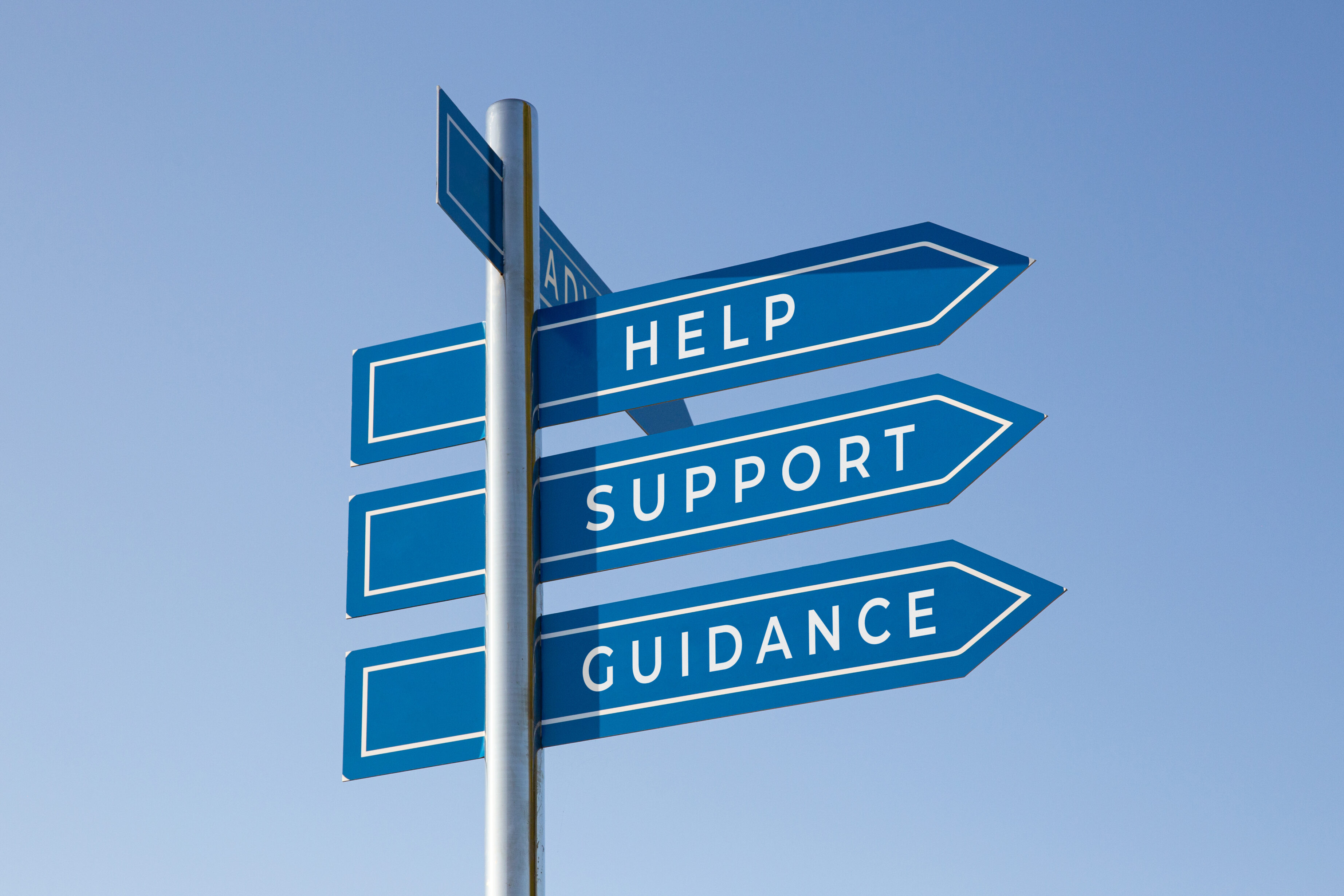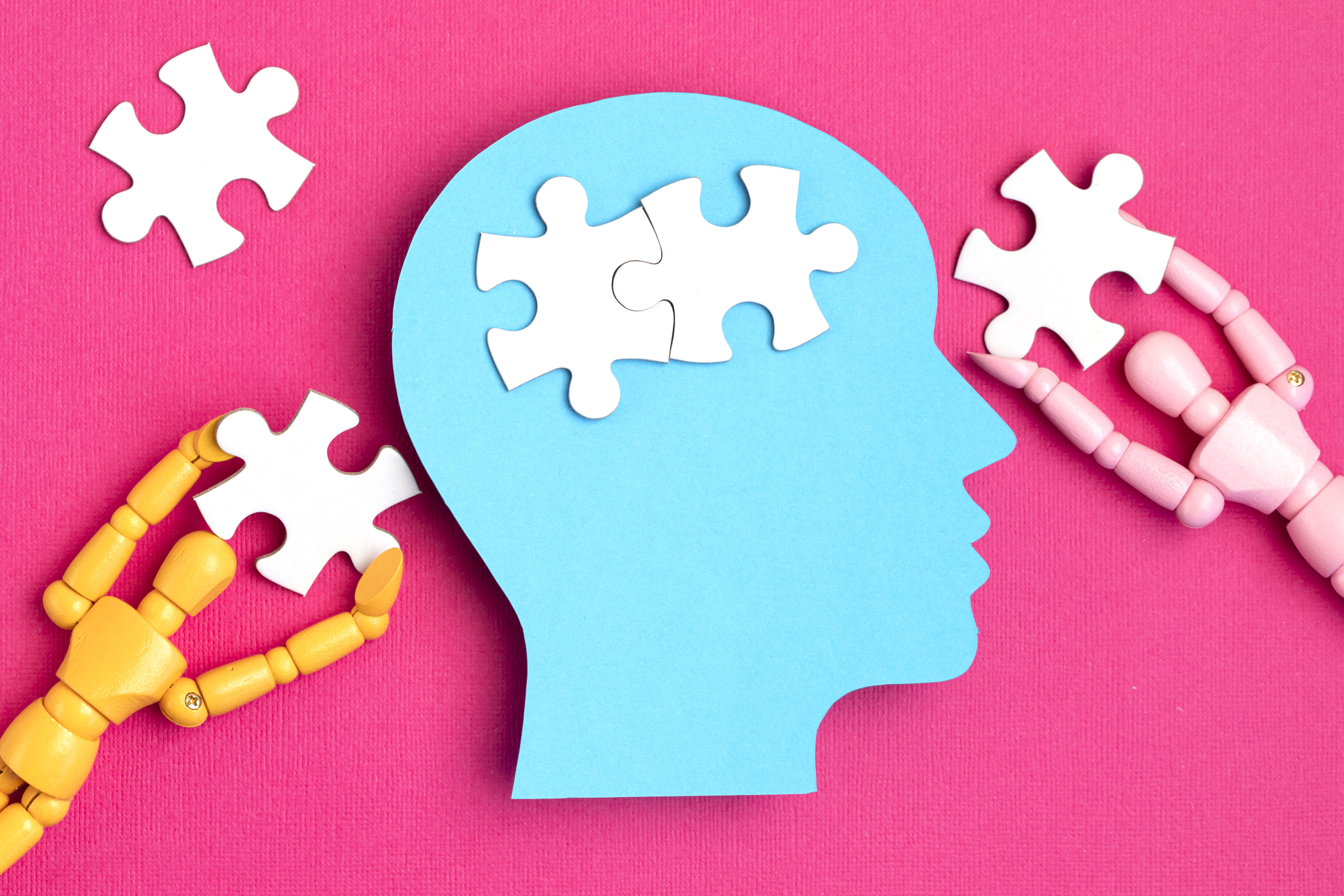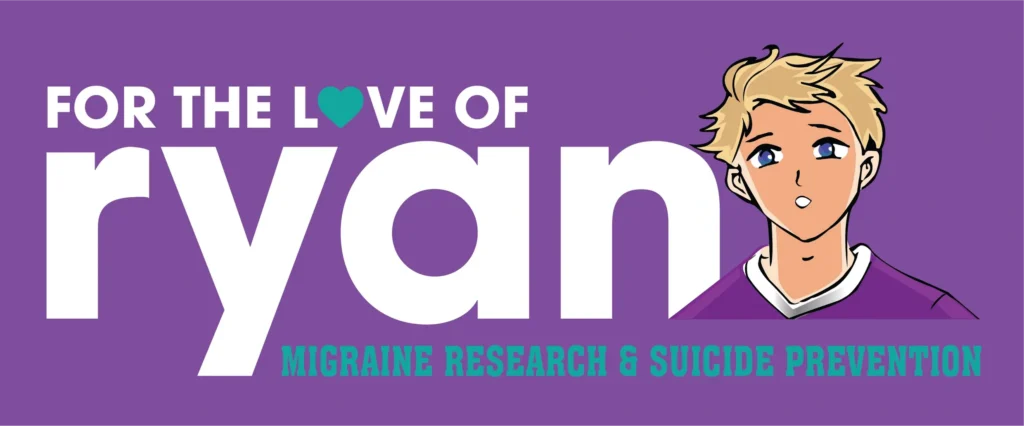Suicide remains one of the leading causes of preventable death worldwide, exacting a staggering human and socioeconomic toll. However, researchers are harnessing cutting-edge technologies like artificial intelligence (AI) and machine learning to develop innovative strategies for identifying individuals at elevated suicide risk and facilitating timely interventions. This article explores the latest advancements in these tech-driven suicide prevention tools with the potential to save countless lives.
The Promise of AI and Big Data Analytics
Traditional suicide risk assessment methods have inherent limitations – they often rely heavily on self-reporting from patients, sporadic clinical evaluations, and may miss critical risk factors that a human observer could overlook. In contrast, AI algorithms can continuously monitor and synthesize a vast wealth of digital data points to detect subtle patterns indicative of psychological distress and suicidal ideation.
Social Media Footprints: Sophisticated natural language processing models can analyze individuals’ online speech patterns, posting behaviors across platforms, and interpersonal interactions for linguistic markers of depression, anxiety, social withdrawal, and suicidal thoughts (Lv et al., 2022). Changes in social media engagement could represent important risk signals.
Mobile Sensor Data: The ubiquitous smartphones we carry contain a trove of revealing biometric data like movement patterns, sleep patterns, voice tone analysis, typing behaviors and more – all of which can be unobtrusively monitored by AI models for potential signs of psychological dysregulation (Bokrae et al., 2018).
Electronic Health Records: Using machine learning, researchers can rapidly synthesize massive aggregated datasets from EHRs to pinpoint complex risk factors and their interplay – from medical and psychiatric histories to substance use, traumatic experiences, demographic variables and more (Simon et al., 2018).
The Emerging AI-Based Suicide Prevention Tools
Leveraging these powerful capabilities, tech companies, healthcare systems and government agencies are developing and deploying AI-driven suicide prevention applications:
Crisis Text Line’s Triage System: Using conversational AI and machine learning to monitor crisis counseling text conversations for high-risk linguistic markers and prioritize timely outreach to those most in need.
Facebook’s AI Monitoring: Pattern recognition algorithms that can automatically detect signs of suicidal ideation in users’ content and surface targeted resources like crisis hotlines.
U.S. Military’s TRAC2ES: The Department of Defense is developing a predictive AI system to identify service members at elevated suicide risk by continuously monitoring hundreds of data points from behavioral sensors and records.
The Potential Impact and Ethical Considerations
By enabling real-time suicide risk stratification, continuous monitoring beyond episodic clinic visits, and data-driven proactive interventions at an unprecedented population scale, these AI-driven solutions could revolutionize suicide prevention efforts. Timely referrals and safety planning could steer countless individuals away from the irreversible tragedy of suicide.
However, the extraordinarily sensitive nature of mental health data and suicide risk predictions also raises weighty ethical considerations. There are crucial needs for robust data privacy safeguards, rigorous processes to mitigate bias and avoid discriminatory impacts from imperfect AI models, and protocols to ensure adverse risk predictions do not become self-fulfilling prophecies or prompt undue discrimination.
Responsible innovation in this arena will require proactive multi stakeholder collaboration and oversight from not just technologists and mental health professionals, but also policymakers, ethicists, community representatives and those with lived experience. Used judiciously and with proper guardrails, though, these AI tools represent a pivotal opportunity to bend the curve on this preventable public health crisis.
For The Love of Ryan
For The Love of Ryan recognizes the immense societal importance of this mission. We aim to raise awareness and advocate for further research investments to bring the full potential of AI-enabled suicide prevention strategies to secure implementation while upholding the highest ethical standards of care.









